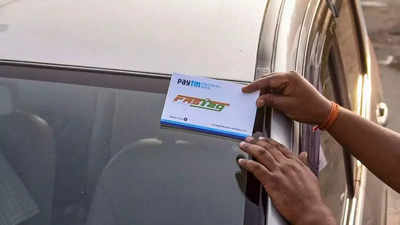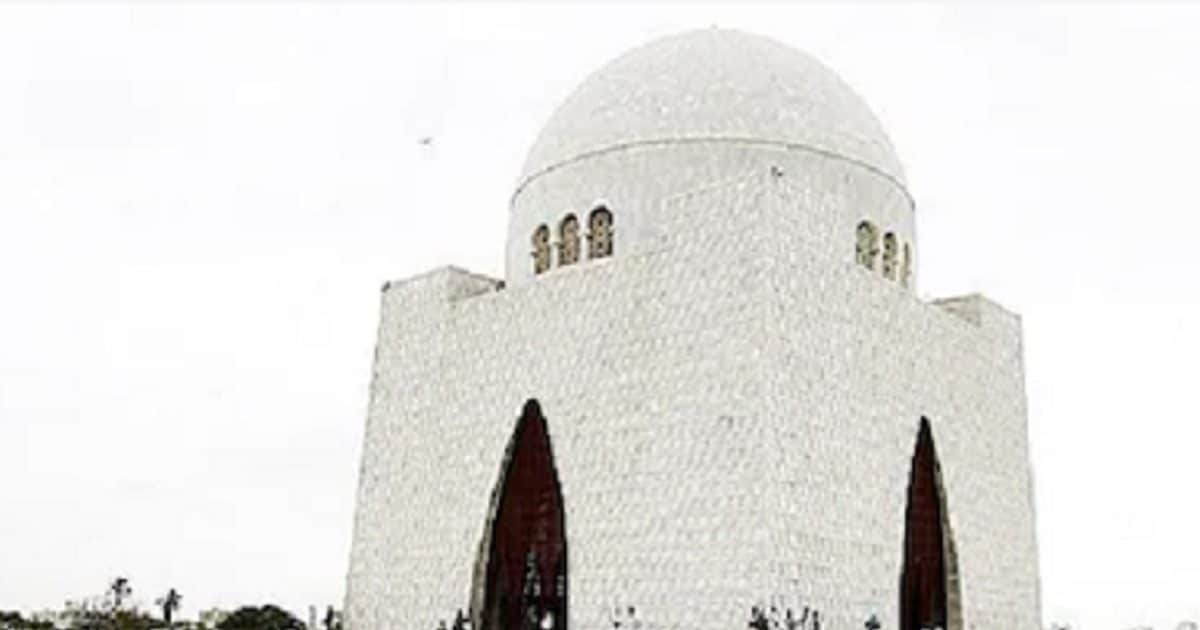The Maharashtra cabinet, led by chief minister Devendra Fadnavis, on Tuesday announced the implementation of mandatory FASTag toll collection from April 1 along with revised Rules of Business to streamline administrative processes.
The cabinet approved a proposal from the public works department, stipulating that all toll plazas across the state will exclusively use FASTag for toll collection starting from the specified date.
Starting April 1, toll collection at all toll plazas across Maharashtra will be done exclusively through FASTag, India’s electronic toll collection chip for national highways.
The government statement also said that vehicles without FASTag or those attempting to use the dedicated FASTag lanes without proper tags will be charged double the toll fee.
Currently, tolls are collected at 13 road projects under the public works department and nine projects managed by the maharashtra state road development corporation. The decision to implement FASTag exclusively will apply to these existing projects as well as all future toll projects in the state.
Revised rules of business
The cabinet also approved the revised Maharashtra government rules of business, aimed at making administrative functioning smoother and more efficient.
The revisions include provisions related to matters presented before the cabinet, cases requiring approval from the CM or the governor, and the procedures for cabinet and council of ministers meetings. These changes are intended to enhance transparency, improve decision-making, and promote public-centric governance in the state.
The rules, first framed in 1975, are undergoing their third major revision. The updated guidelines contain 48 regulations, four schedules, and one annexure, divided into nine sections.
The schedules outline the names of administrative departments, matters to be presented before the cabinet, and the approval procedures for the chief minister or governor. The annexure details the working methods of the cabinet and the council of ministers.
A study group of departmental secretaries carried out a comparative analysis of the rules of the government of India and other states to recommend these revisions. New provisions have been introduced to ensure that orders are issued at a minimum undersecretary level and to streamline the process for presenting legislative bills.
Once approved by the governor, the revised rules will be published in the official gazette.




